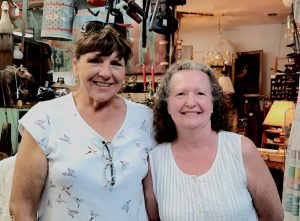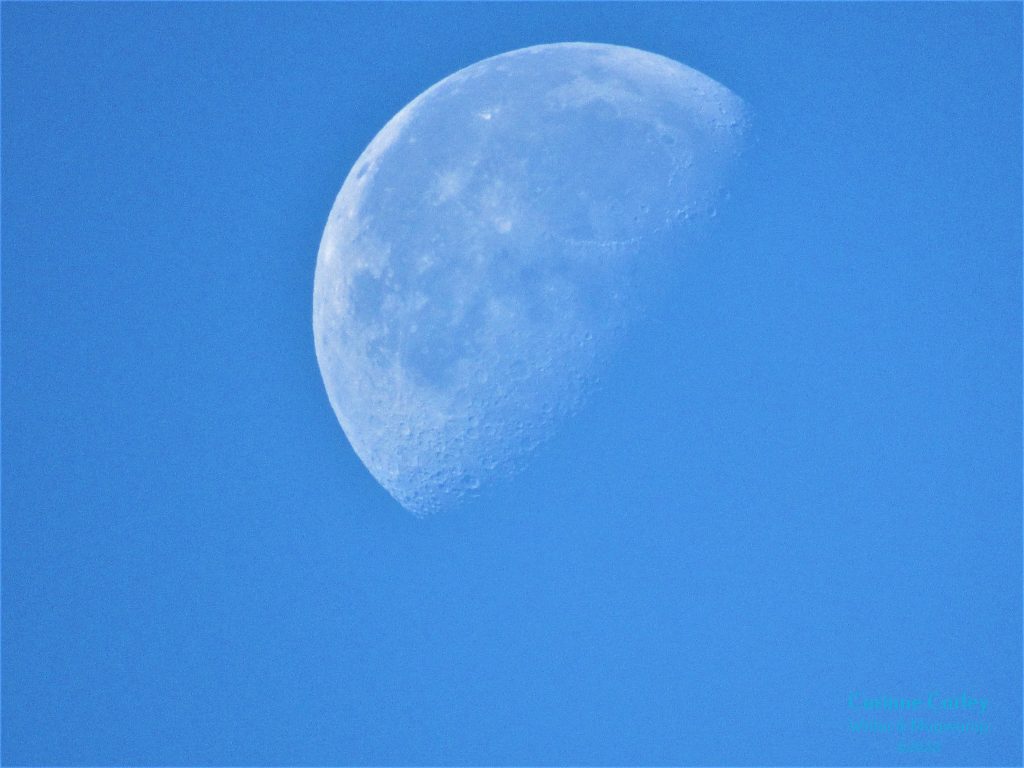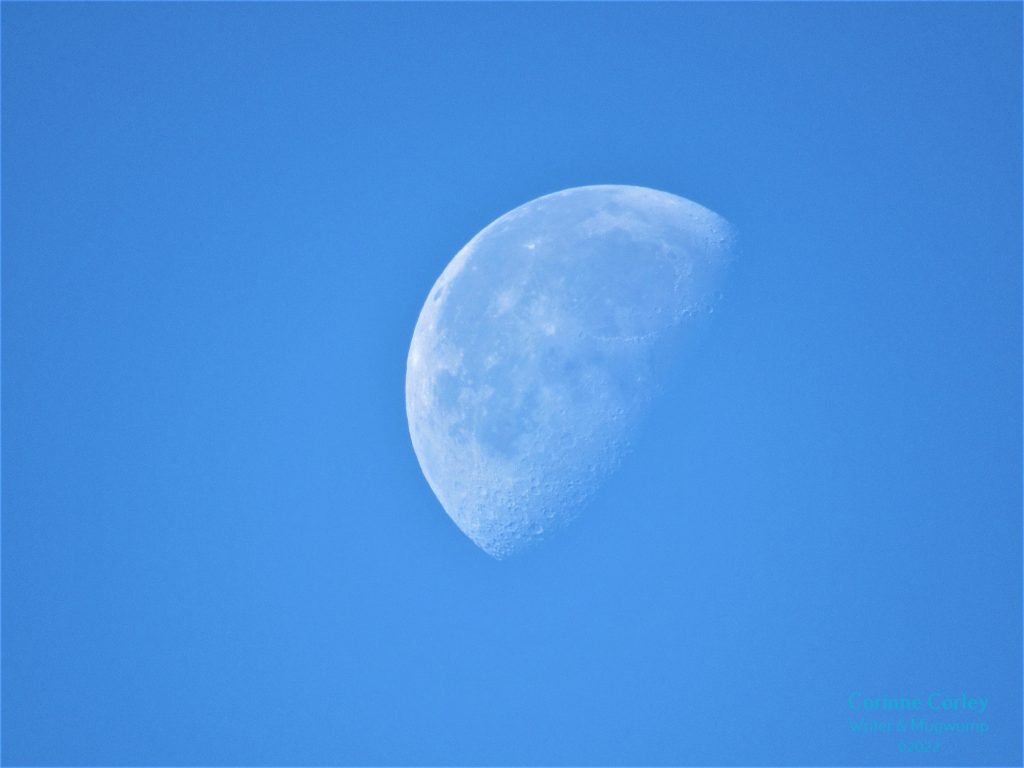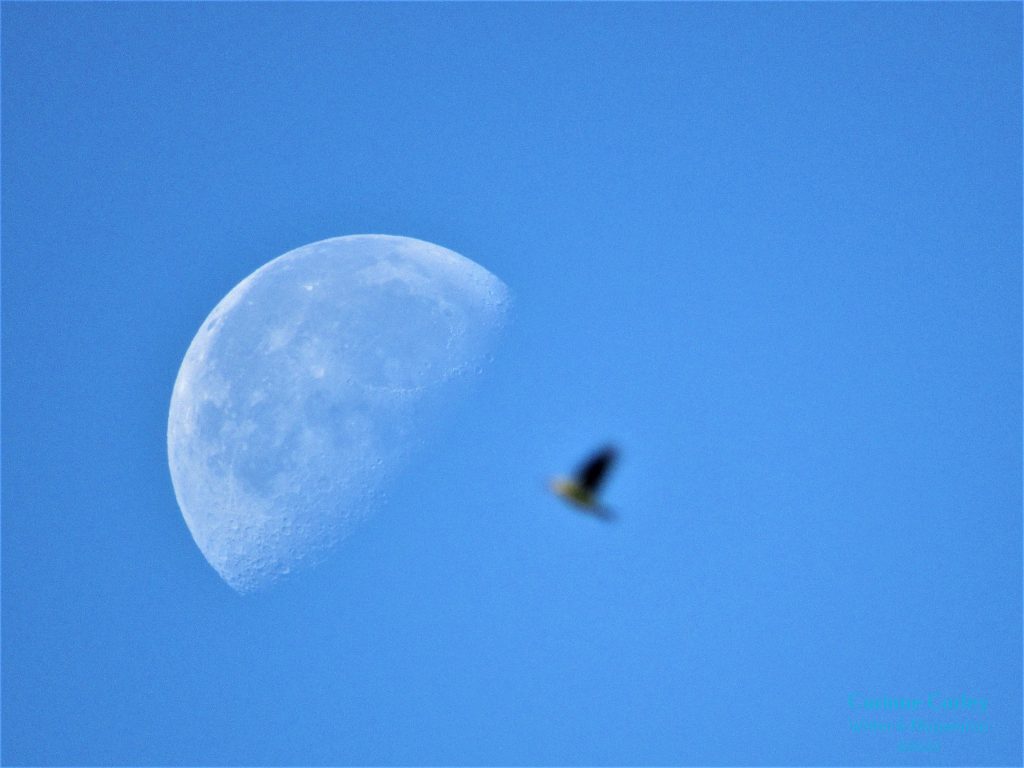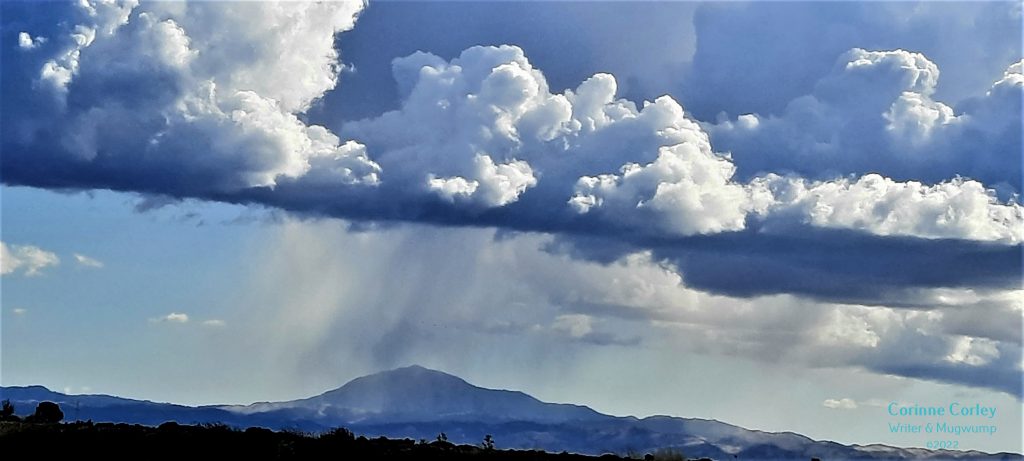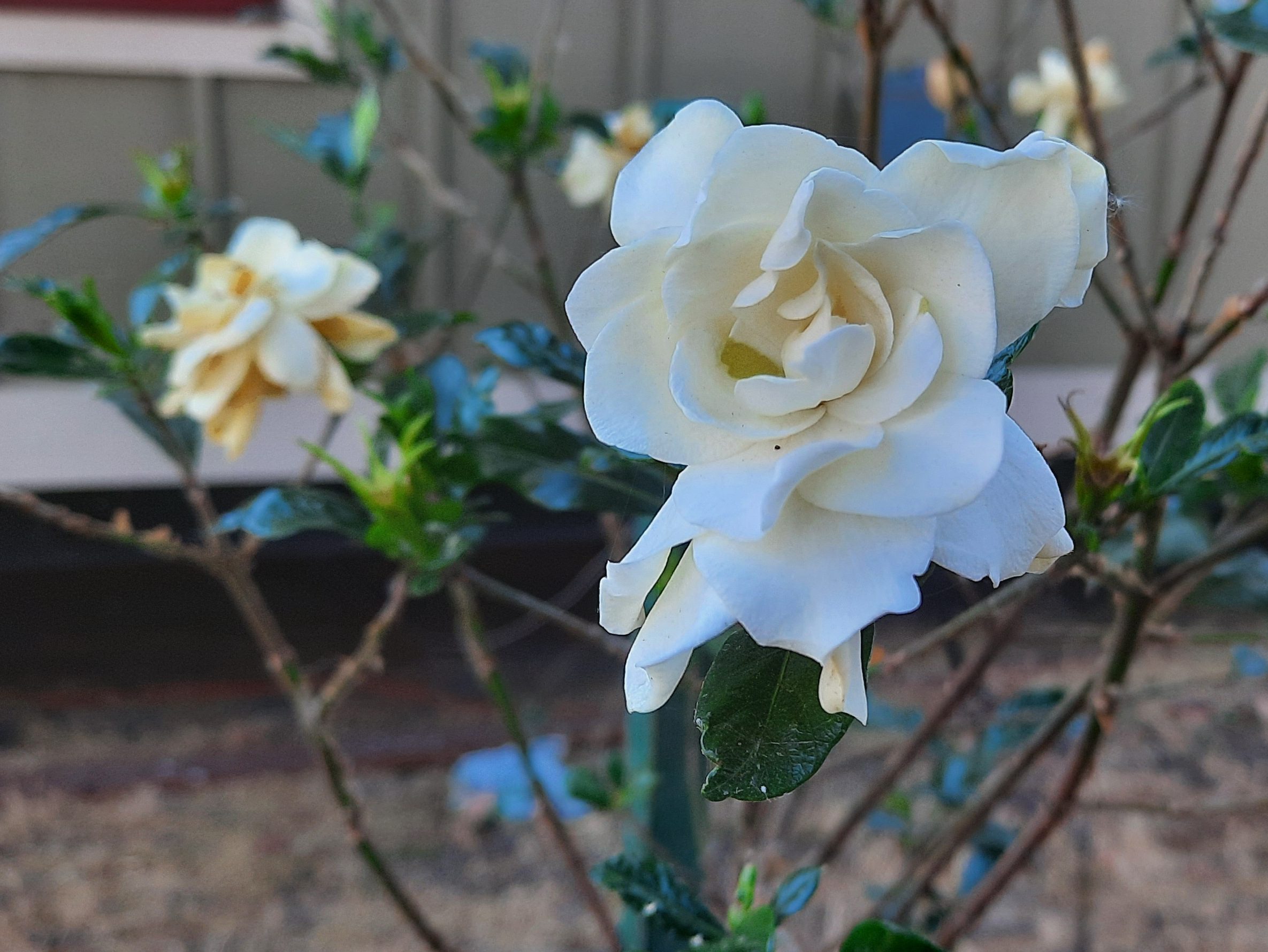It happens again and again and again. The memory of a conversation haunts me.
There but for the grace, I murmur, with reference to some malady with which I strain to contend. Compared to many, I have so much.
And the answering reply, spoken with impatience, possibly disgust: It doesn’t work that way; you don’t have to compare your woes with other people; their suffering does not negate your own. It doesn’t even matter.
Years later, would that exchange evolve in the same way, with the same intensity? Would I proclaim my good fortune even in the face of pain, disability, and struggle? Would the person who proclaimed that I should be outraged and not consider myself lucky still do so with such vehemence? I don’t know; but I still harbor that lingering suspicion that the universe smiles on me, despite so much evidence to the contrary.
Take yesterday, for example.
A perfect sky rose above a morning in which by every standard I should feel grumpy. I had not slept due to the pain for which I will not take the nasty numbing drugs. Ants skittered across the counter in my little rented house. The undisclosed dings and scrapes still loomed on the surface of the vehicle which I’m driving and which, in my airport fatigue, I had failed to force the counter agent to inspect with me. Their customer service folks still have not responded to my message and I still fear being charged for pre-existing damage. My feet still squirm inside the heavy shoes which I must wear in order to prevent toppling headfirst into the nearest bush.
But I drove without incident to the restaurant in south St. Louis at which I met my brother, his wife, and their granddaughter for a delicious breakfast. They chose a vegan place in respect of my vegetarian diet. We exchanged news and shared pleasant updates on our respective lives. Then they helped me orchestrate a photograph for the newspaper back home — “the Rio Vista Beacon visits Tower Grove Park with Delta Loop resident Corinne Corley and her great-niece Naomi”.
After breakfast, I wandered back to St. Charles where I am staying. I found a coffee shop and dawdled as tourists strolled to and fro in front of the wide window. Then, with the memory of a homing pigeon, I drove straight to a flea market which I had spied on the previous evening. I found several pieces of the Melamine which I collect, including a green saucer to go with my mother’s cup. The owner of the shop and her life-long friend chatted with me about antiques, my childhood neighborhood to which they each had connections, and the customs from our respective families that we carried into our own childrearing practices.
Later, my sister Joyce and I tooled around a thrift store. We spent a long dinner-hour with the endless, uninterrupted conversation that we started 66 years ago and resume, without so much as a hiccup, each time we meet.
I slept well last night. I didn’t think about the ants, or the aches, or the moments of regret. The vague impression of failure which haunts most waking moments receded. I put aside the existential guilt that I feel about the recent tragedy in Texas. Everything that I’ve left undone or badly botched drifted into the gentle abyss of dreams. All of my worries faded.
I woke just after sunrise, In an hour or so, I will drive to Love Park in Ballwin for the cousin reunion which brought me home. I will walk among my cousins, fail to recognize their various offspring and grandchildren, and meet my niece Emily’s daughter Edith for the first time. With any luck, a gentle breeze will keep the heat at bay. I will nurse the budding hope of joy which has begun to unfold within me.
If anyone asks, I will confirm: Nothing to see here. All good. On a scale of Hell to Heaven, I’m somewhere in between and headed towards true north.
It’s the twenty-ninth day of the one-hundred and first month of My Year Without Complaining. Life continues.
- The ladies of the Black Cat, St. Charles, Missouri.
- Me and my niece Naomi at the east entrance to Tower Grove Park with the Rio Vista Beacon.
